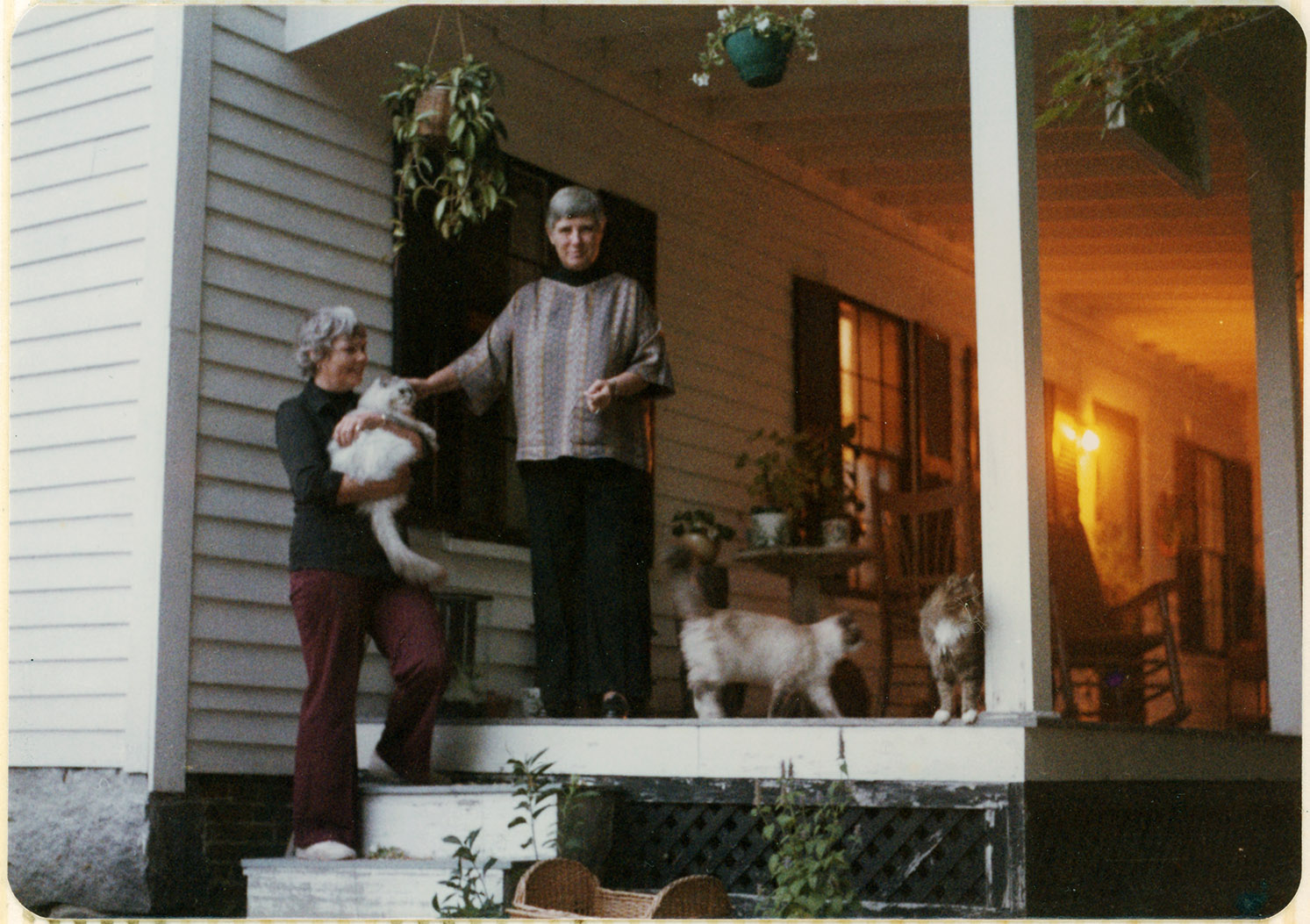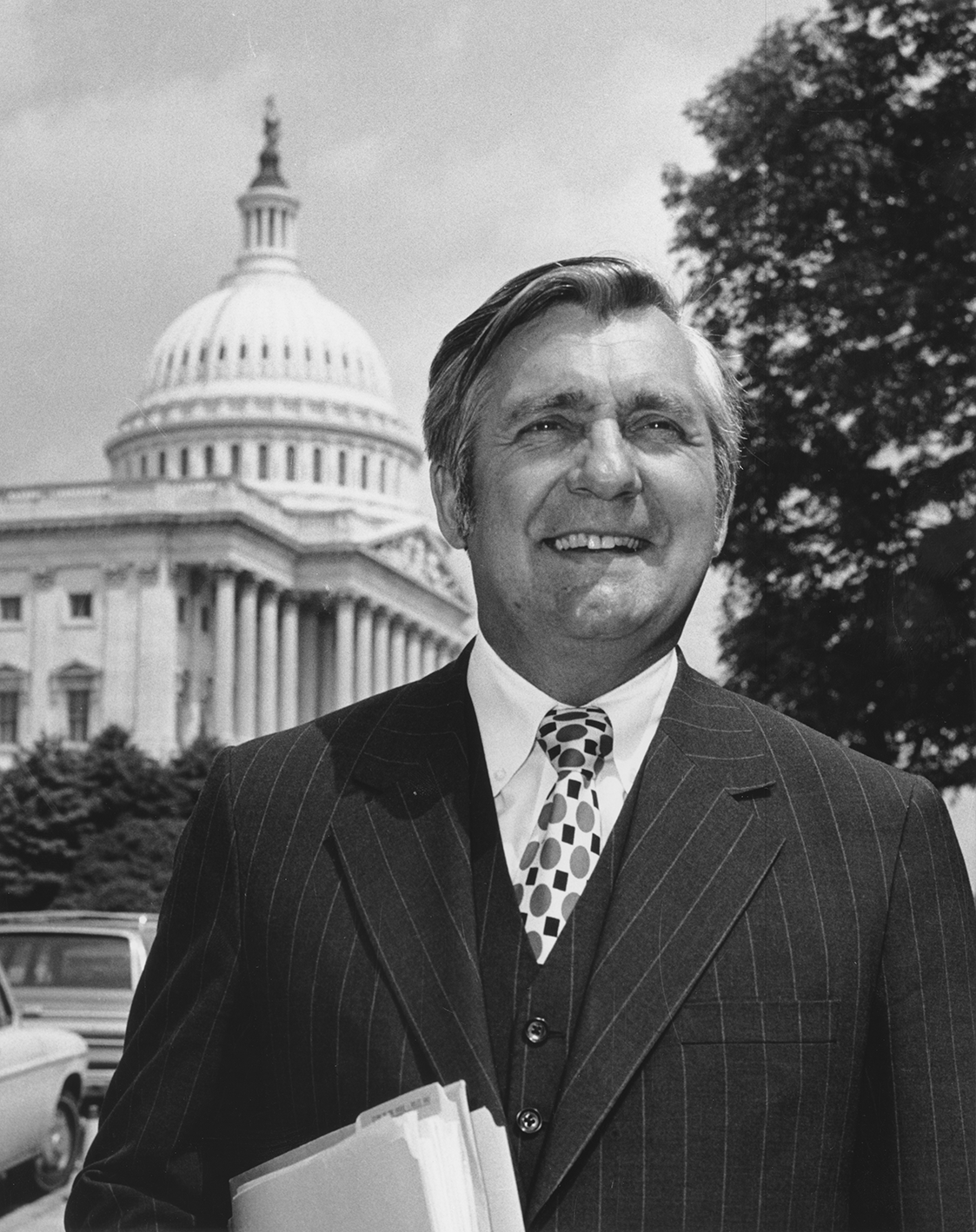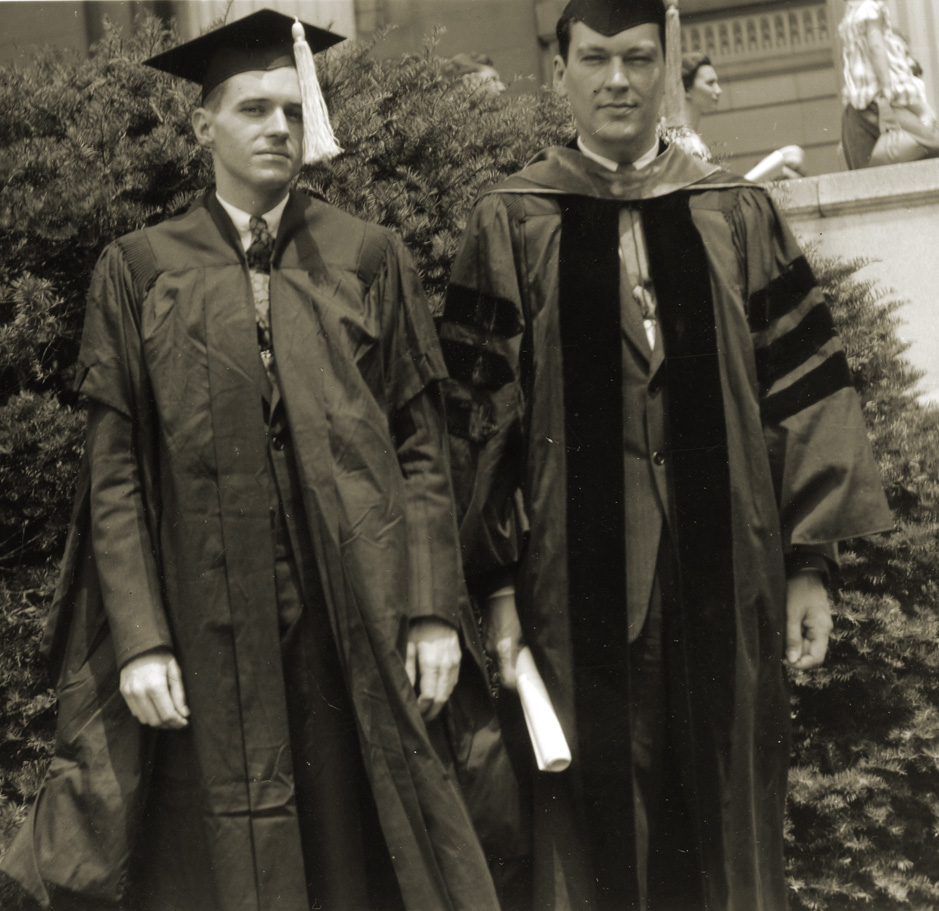Common Reader Bookshop Collection

Co-owned by Dorothy Johnson and Doris Abramson, the Common Reader Bookshop in New Salem, Massachusetts, specialized in women’s studies materials, or in their words, “books by, for, and about women.” A couple for almost 40 years and married in 2004, Johnson and Abramson opened the store in 1977 and as they grew, relocated to the town’s old Center School building across the street in 1983. The shop closed for business in 2000.
Comprised of two scrapbooks and folder of ephemera, the collection highlights the Common Reader Bookshop not only as a place for buying antiquarian books, but also for the community it fostered.


